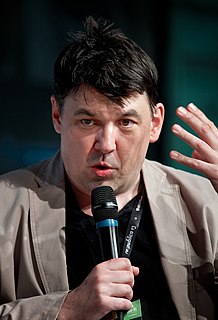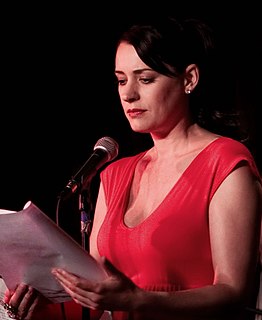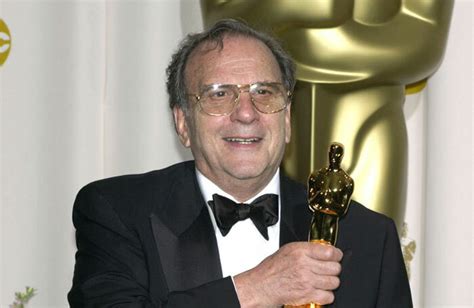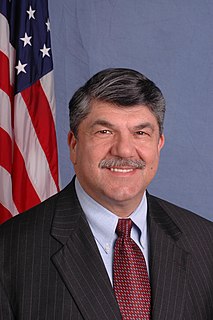A Quote by Graham Linehan
If you're a good writer, you don't have everybody shouting in every scene.
Related Quotes
The writer is a spiritual anarchist, as in the depth of his soul every man is. He is discontented with everything and everybody. The writer is everybody's best friend and only true enemy-the good and great enemy. He neither walks with the multitude nor cheers with them. The writer who is a writer is a rebel who never stops
Better world. Better life for everybody, every worker. Poor kids oughta be able to go anyplace their brains will take them. Not where Daddy or Mommy's pocketbooks can send them. Everybody oughta have health care, everybody oughta have some retirement security, every American. Every one. Everybody oughta have a decent good job. That's what I believe in, and that's what I fight every day to try to achieve.
There were always men looking for jobs in America. There were always all these usable bodies. And I wanted to be a writer. Almost everybody was a writer. Not everybody thought they could be a dentist or an automobile mechanic but everybody knew they could be a writer. Of those fifty guys in the room, probably fifteen of them thought they were writers. Almost everybody used words and could write them down, i.e., almost everybody could be a writer. But most men, fortunately, aren't writers, or even cab drivers, and some men - many men - unfortunately aren't anything.
Literature is a place for generosity and affection and hunger for equals - not a prizefight ring. We are increased, confirmed in our medium, roused to do our best, by every good writer, every fine achievement. Would we want one good writer or fine book less? The sense of writers being pitted against each other is bred primarily by the workings of the commercial marketplace, and by critics lauding one writer at the expense of another while ignoring the existence of nearly all.


































